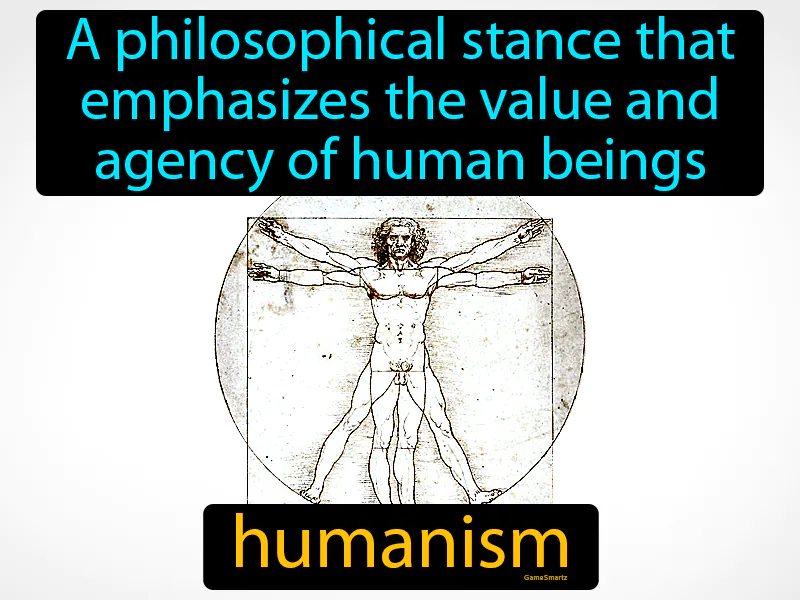Humanism
Humanism:
During the Renaissance and Reformation (1300-1650), humanism was a movement that shifted focus from religious and supernatural concerns to the value, potential, and achievements of human beings. This was important because it responded to the rigid structures of the medieval period, encouraging people to explore arts, science, and literature, and to question traditional authority. Humanism fostered new ways of thinking, leading to advancements in various fields and promoting the idea that humans could shape their own destiny. Today, humanism still matters as it encourages critical thinking and personal responsibility, emphasizing the importance of human rights and individual potential. For example, when students are encouraged to question and explore different subjects, they are practicing humanism by valuing their own ability to learn and grow, which can inspire innovation and personal development.

Practice Version

Humanism: A philosophical stance that emphasizes the value and agency of human beings. Humanism. In history, humanism is a movement that emerged during the Renaissance, focusing on human potential and achievements.
